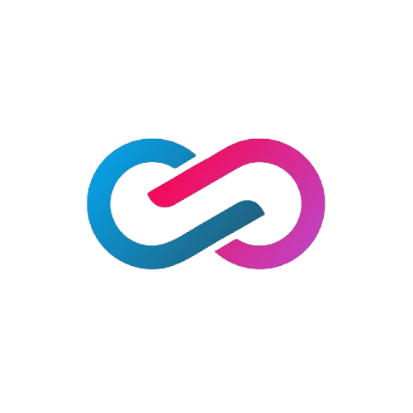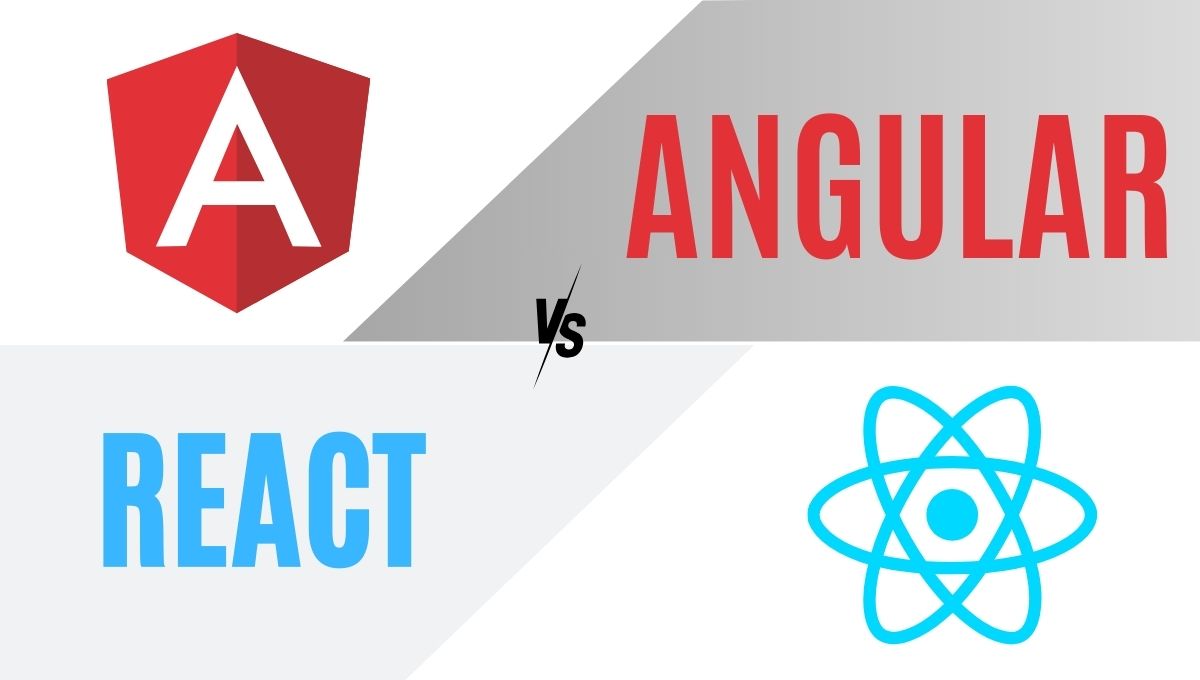In the world of software development, there are various ways to access and manipulate data from a database. Two commonly used methods are Hibernate and JDBC. Both methods have their own advantages and disadvantages, and choosing the right one for your project is important. In this article, we will compare Hibernate vs JDBC, looking at their strengths and weaknesses to help you make an informed decision.
TL;DR– Object-relational mapping (ORM) tools like Hibernate reduce the boilerplate code required to implement data persistence from Java objects to relational databases. However, JDBC is a low-level API that allows executing SQL directly without any mapping layer. Both have their own pros and cons.
A Short History Of Hibernate And JDBC
Hibernate and JDBC are two popular Java technologies that are commonly used for data access. While they have some similarities, they also have important differences that make each technology more suitable for certain scenarios.
JDBC, or Java Database Connectivity, is a standard API for connecting to and executing SQL statements on a database. It was introduced as part of the Java Development Kit (JDK) in 1997, and it quickly became popular for its ease of use and portability across different databases. JDBC provides a low-level interface for database access, allowing developers to write SQL statements directly in their Java code. This allows for flexibility and fine-grained control over the database interactions.
Hibernate, on the other hand, is an Object-Relational Mapping (ORM) tool that provides a higher-level interface for database access. It was created in 2001 by Gavin King as an open-source project, and it quickly gained popularity for its ability to simplify database interactions and reduce the amount of boilerplate code needed. Hibernate maps Java objects to database tables and provides an abstraction layer that allows developers to interact with the database using Java objects instead of SQL statements.
Over the years, both JDBC and Hibernate have evolved and improved. JDBC has been updated to support newer versions of SQL and to provide more features for database access. Hibernate has added support for caching, lazy loading, and other performance optimizations. However, each technology still has its own strengths and weaknesses, and choosing the right tool for a specific project depends on a variety of factors, including performance requirements, database schema complexity, and development team experience.
Here is Quick Comparison between Hibernate vs. JDBC
What is Hibernate?
Hibernate is an Object Relational Mapping (ORM) framework that allows developers to map Java objects to relational database tables. Hibernate takes care of the tedious and error-prone task of writing SQL statements to interact with the database. With Hibernate, developers can use Java objects to create, retrieve, update, and delete records from the database, without writing any SQL code.
Advantages of Hibernate
- Easy to Use: Hibernate simplifies database access by abstracting away the low-level details of SQL and database interactions.
- Object-Oriented Programming: Hibernate maps Java objects to database tables, allowing developers to use object-oriented programming techniques.
- Persistence: Hibernate provides an efficient way to persist and retrieve Java objects from the database.
- Portability: Hibernate is portable across various databases, making it a popular choice for developers.
- Caching: Hibernate provides caching functionality to improve performance and reduce database load.
Disadvantages of Hibernate
- Learning Curve: Hibernate has a steep learning curve, and it can take some time to master its concepts and features.
- Performance: Hibernate can be slower than raw JDBC for certain types of queries, especially when dealing with large datasets.
- Overhead: Hibernate adds an extra layer of abstraction between the application and the database, which can result in increased memory usage and CPU overhead.
What is JDBC?
Java Database Connectivity (JDBC) is a standard API for accessing relational databases from Java. JDBC allows developers to execute SQL statements and interact with the database using Java.
Advantages of JDBC
- Flexibility: JDBC allows developers to write SQL statements directly, giving them more control over the database interactions.
- Performance: JDBC can be faster than Hibernate for certain types of queries, especially when dealing with large datasets.
- Lightweight: JDBC has a low memory footprint, making it ideal for applications with limited resources.
- Familiarity: Since JDBC is a standard API, most developers are already familiar with its syntax and usage.
Disadvantages of JDBC
- Complexity: Writing raw SQL statements can be complex and error-prone, especially for complex queries.
- Repetitive Code: JDBC code can be verbose and repetitive, leading to increased development time and maintenance costs.
- Database Dependencies: JDBC code can be specific to a particular database, making it less portable across different databases.
Comparison Chart on Hibernate vs JDBC
| Criteria | Hibernate | JDBC |
|---|---|---|
| Type | Object-Relational Mapping (ORM) | Standard API |
| Ease of Use | Easy | Moderate |
| Performance | Slower than JDBC for complex queries | Faster than Hibernate for complex queries |
| Flexibility | Limited | High |
| Portability | High | Limited |
| Learning Curve | Steep | Moderate |
| Memory Footprint | High | Low |
| Caching | Yes | No |
| Code Reusability | High | Moderate |
| Familiarity | Requires some familiarity with ORM concepts | Familiar to most Java developers |
| Database Dependencies | None | Dependent on the specific database used |
Conclusion
Both Hibernate and JDBC have their own advantages and disadvantages. Hibernate provides an easy-to-use, object-oriented way to interact with the database, while JDBC provides more flexibility and performance for complex queries. The choice between Hibernate and JDBC depends on the specific requirements of your project.
If you have a complex database schema or need to optimize performance for large datasets, JDBC may be the better choice. However, if you are looking for a simple and efficient way to interact with the database, Hibernate may be the better option. Also you can connect with best website development Company that provide web development service and solution.








